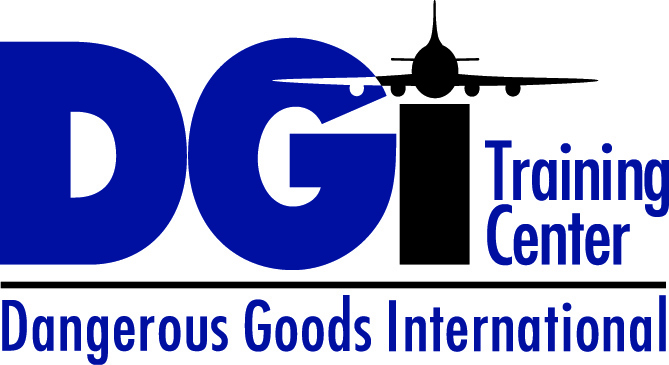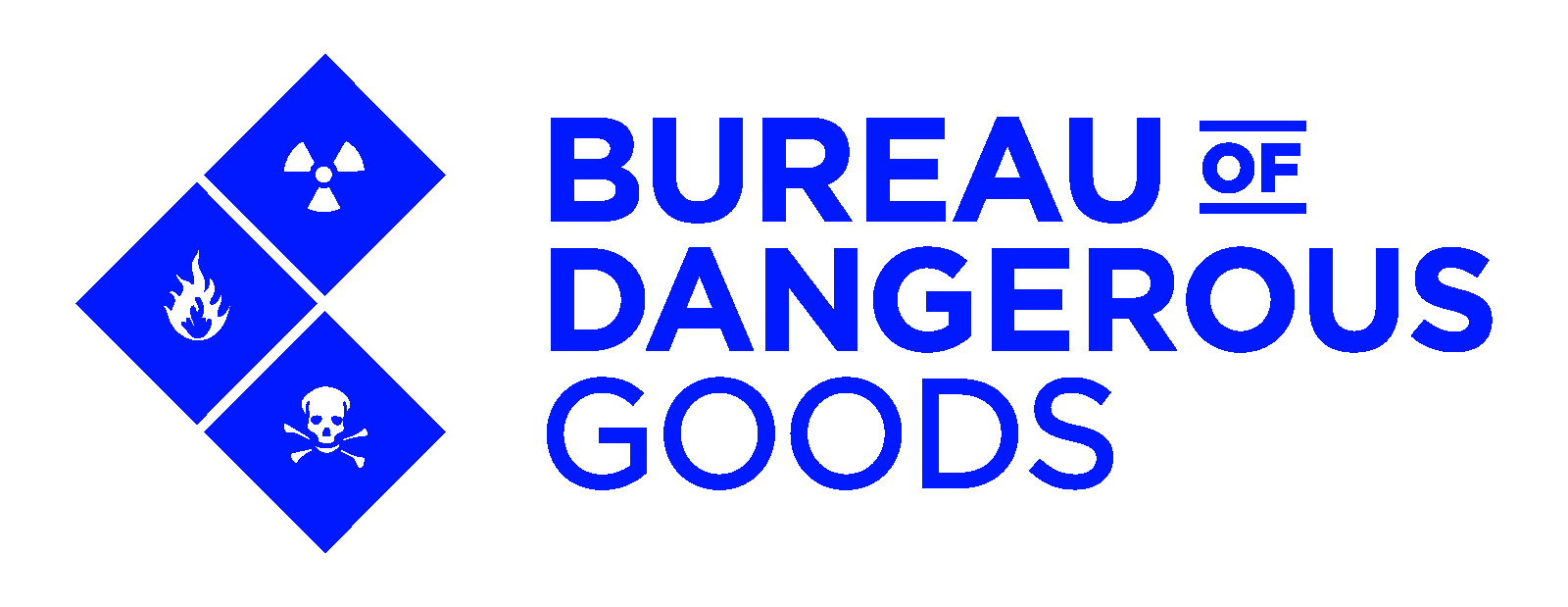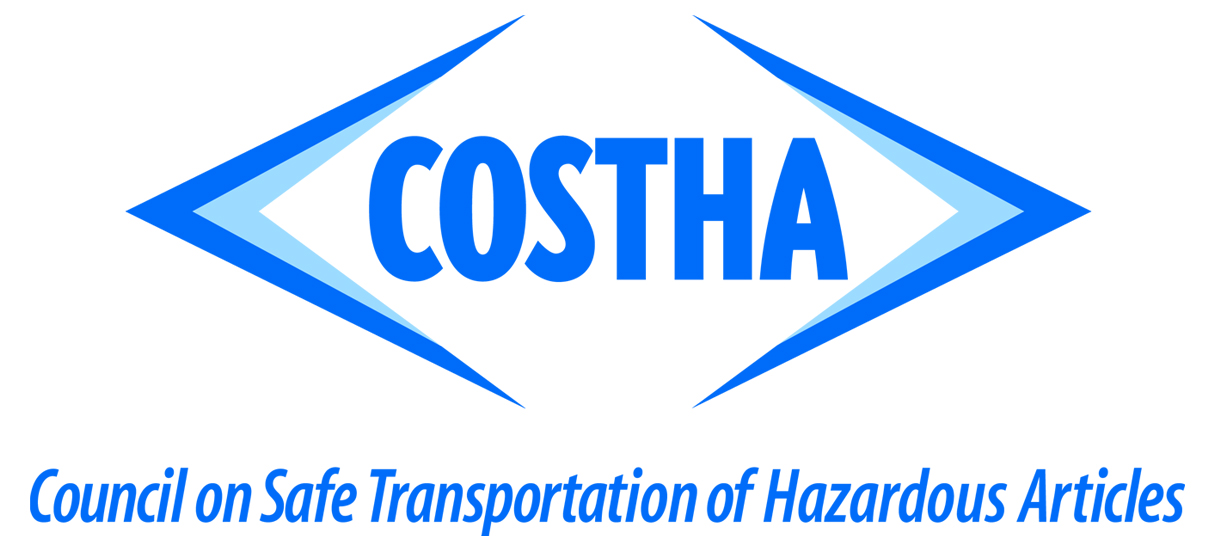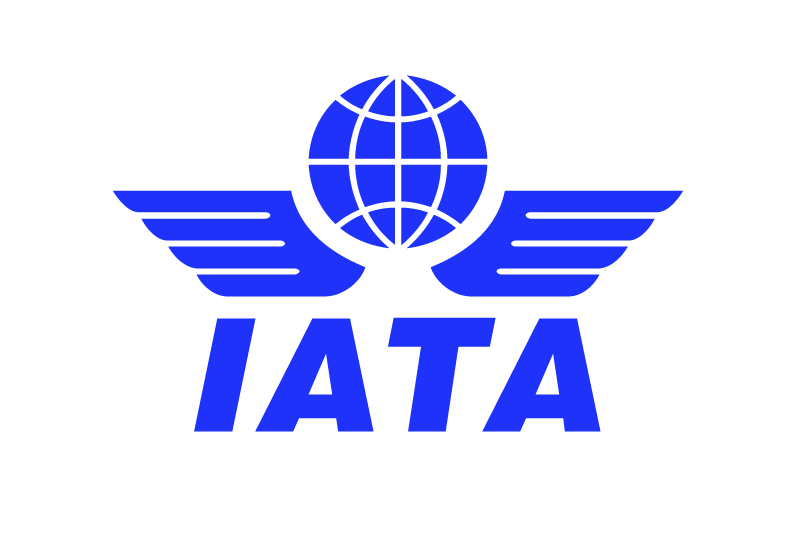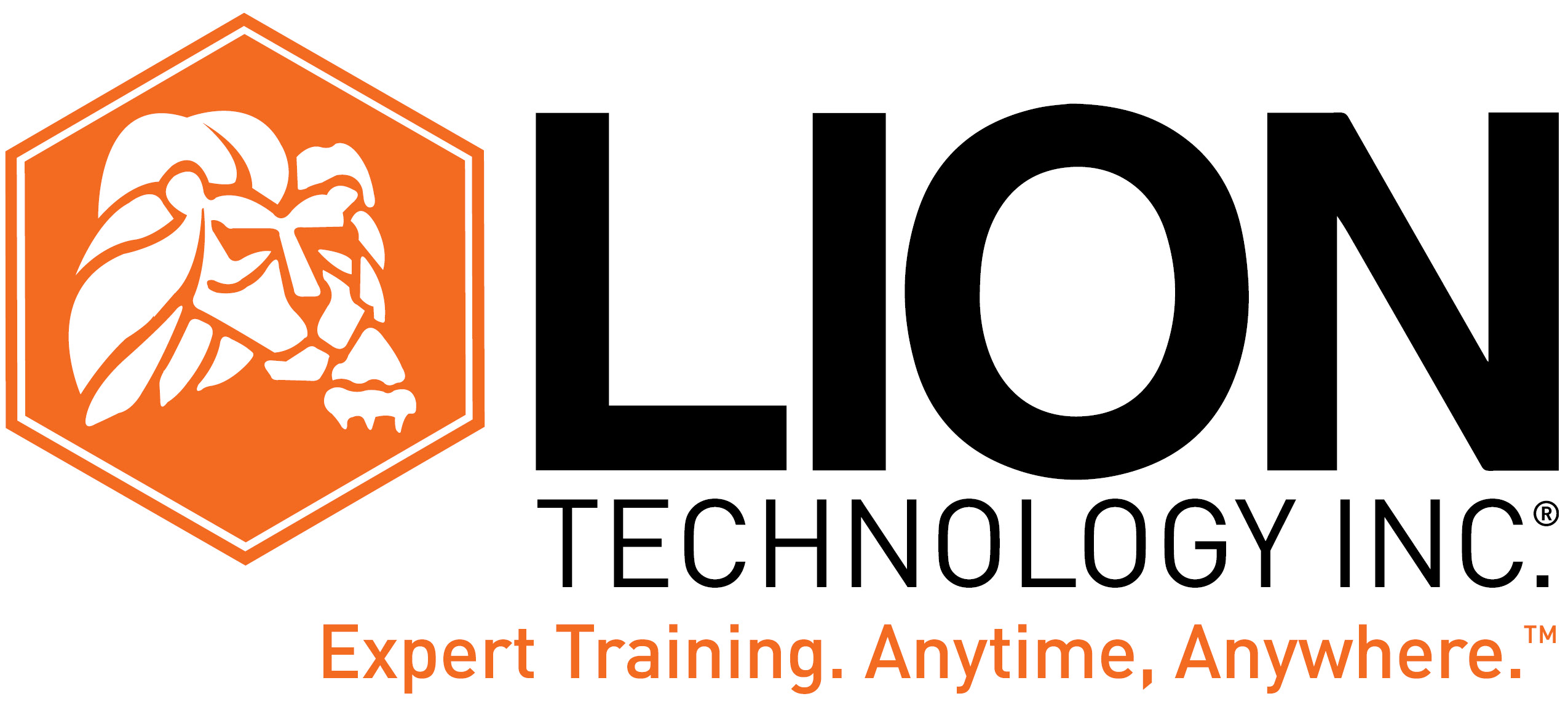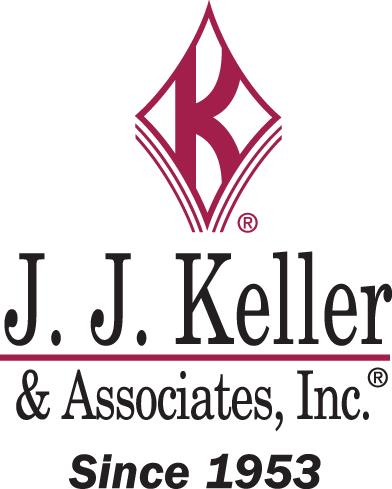COSTHA 2020 Training Courses
ADVANCED AIR DANGEROUS GOODS RECURRENT TRAINING |
|
Monday, April 27, 2020
|
|
|
This course provides students with a refresher in the knowledge to read and apply the IATA Dangerous Goods Regulations, as well as how to comply with new requirements in the 61st Edition. It will cover 49 CFR versus IATA DGR differences, terms and definitions, proper shipping names, hazard classes, identification numbers, packing groups, state and operator variations, packaging, labeling, marking, and certification of shipping documents. The course is taught using a combination of lectures, visual aids, exercises, and question and answer opportunities. Upon successful completion of the course,students will receive a training certificate for Advanced Air Recurrent Training. Prerequisite: Initial Air Training Course Materials: A comprehensive compliance reference and exercise book will be provided. Students will be required to have a current copy of the IATA DGR 61st Edition. |
Course instruction by: Pam Jones, DGI Training
|
ESTABLISHING AN EFFECTIVE SELF-AUDIT SYSTEM FOR YOUR DANGEROUS GOODS COMPLIANCE PROGRAM |
|
Monday, April 27, 2020
|
|
|
Dangerous Goods Transportation Self Audits are used by companies to help confirm the effectiveness of a DG transportation management system and to identify compliance issues. DG transportation auditing is a management tool you can use to assess and monitor your company’s internal performance and compliance with transportation regulations and standards. An audit can also be used to determine whether an existing DG transportation management system is effectively:
Whether you have an existing auditing program or are implementing an audit program for the first time, this course is guaranteed to provide you with the tools and information you need to justify your program and maximize your return on investment of time and money. Course Materials: A comprehensive compliance reference and exercise book will be emailed to students. |
Course Instruction Jamie Hill, Bureau of Dangerous Goods
|
SAFE AND COMPLIANT TRANSPORTATION OF LITHIUM BATTERIES BY GROUND & AIR
|
|
Tuesday, April 28, 2020
|
|
|
This course provides in-depth and up-to-date information on how to ship lithium batteries under 49 CFR multi-modally and the IATA Dangerous Goods Regulations by air. The course will cover classification, packing, marking/labeling, documentation, and related exceptions as well as used, damaged, or defective batteries. Opportunities for discussion, examination, and a certificate for successful completion are included. Prerequisite: Previous experience with shipment of lithium batteries Course Materials: An illustrated student workbook, applicable interpretation letters, and other reference materials will be emailed to students. BATTERY QUESTION & ANSWER SESSION: Attendees will have an opportunity to participate in this interactive Battery Question and Answer Session to learn more about the issues impacting the industry.
|
Course Instruction by:
Candy Chan,
|
RCRA HAZARDOUS WASTE FOR THE TRANSPORTATION PROFESSIONAL TRAINING |
|
Wednesday, April 29, 2020
|
|
|
Students will be provided insight into the Environmental Protection Agencies (EPA) Resource Conservation Recovery Act (RCRA) with training topics covering, but not limited to, an overview of EPA and RCRA regulations, understanding hazardous waste, generator notification requirements, review pre-transportation requirements (DOT) that are specific to hazardous waste shipments to include preparing a hazardous waste manifest, hazardous waste manifest management and tracking requirements, selecting a transport, and disposal/recycling vendor, etc. Course Materials: A comprehensive compliance reference and exercise book will be emailed to students. |
Course Instruction by: Scott Dunsmore,
|
TRANSPORT DANGEROUS GOODS CANADA REGULATIONS (TDGR) TRAINING |
|
Wednesay, April 29, 2020
|
|
|
The Canadian Transportation of Dangerous Goods Regulations (TDGR) and US Hazardous Materials Regulations of Title 49, Code of Federal Regulations (49 CFR) are similar, but not identical; most variations, but not all of them, are dealt with by a reciprocal agreement that establishes procedures for cross-border shipments. This half-day training program will provide an overview of the TDGR regulations and identify areas where reciprocity does and does not apply. TDGR Training is mandatory for all personnel preparing shipments, shipping, or receiving hazardous materials/dangerous goods within, to, or from Canada. Prerequisite: Familiarity with 49 CFR. Course Materials: Course materials are designed to maximize retention of course content and include handouts of the presentation, exercises and quiz, and student evaluations. Students will be required to have the latest edition of the TDG Mini Format Book. |
Course instruction
|
INTERNATIONAL MARITIME DANGEROUS GOODS (IMDG) ADVANCED RECURRENT TRAINING(IMDG AMD 39-18) |
|
Thursday, April 30, 2020
|
|
|
This Advanced Recurrent Training course will cover the major changes and revisions of the International Maritime Dangerous Goods Code, Amendment 39. After passing an exam, students will receive a certification that satisfies IMDG Code 1.3.1.3 for training and record-keeping purposes. This course is designed for shippers, freight forwarders, third-party logistics entities, carriers, and other hazardous materials/dangerous goods professionals preparing DG shipments for transport by sea. Function-specific topics include enforcement, classification, use of the IMDG Code’s List of Dangerous Goods, packaging of dangerous goods, loading of cargo transport units, marking, labeling, placarding, documentation, stowage, and segregation. General awareness, security awareness, and safety topics will also be covered to satisfy the training requirements. Course Materials: Course materials are designed to maximize retention of course content using a combination of lectures, interactive exercises, visual aids, and question and answer sessions. Students will be required to have the current copy of the International Maritime Dangerous Goods Code (Amendment 39-18) Book. |
Course Instruction by: Steve Canney, J.J. Keller & Associates, Inc.
|
Mexican NOMs Hazardous Materials Regulations
|
|
Thursday, April 30, 2020
|
|
|
This course will help navigate the ground transport regulations of hazardous materials and waste, as regulated by SCT (Secretary of Communication and Transportation) in Mexico and review the requirements for Mexican NOMS (Official Mexican Standard). The course will also address training requirements from SCT and STPS All states within Mexico have adopted the NOMS as the regulations for transportation across Mexico. Therefore, these regulations are enforced not only by federal authorities but also by state authorities. If your organization ships hazardous materials between the US and Mexico, this course will help you understand the nuances of compliance with both sets of regulations and help keep you in compliance. This course will include the differences between the Mexican NOMs and 49 CFR regulations. Course Materials: An illustrated student workbook and other reference materials will be emailed to students. Students will be required to have a copy of the 49 CFR (October 1, 2019 Edition). |
Course Instruction by: Rodolfo Koria, Technical Consultant, COSTHA
|
